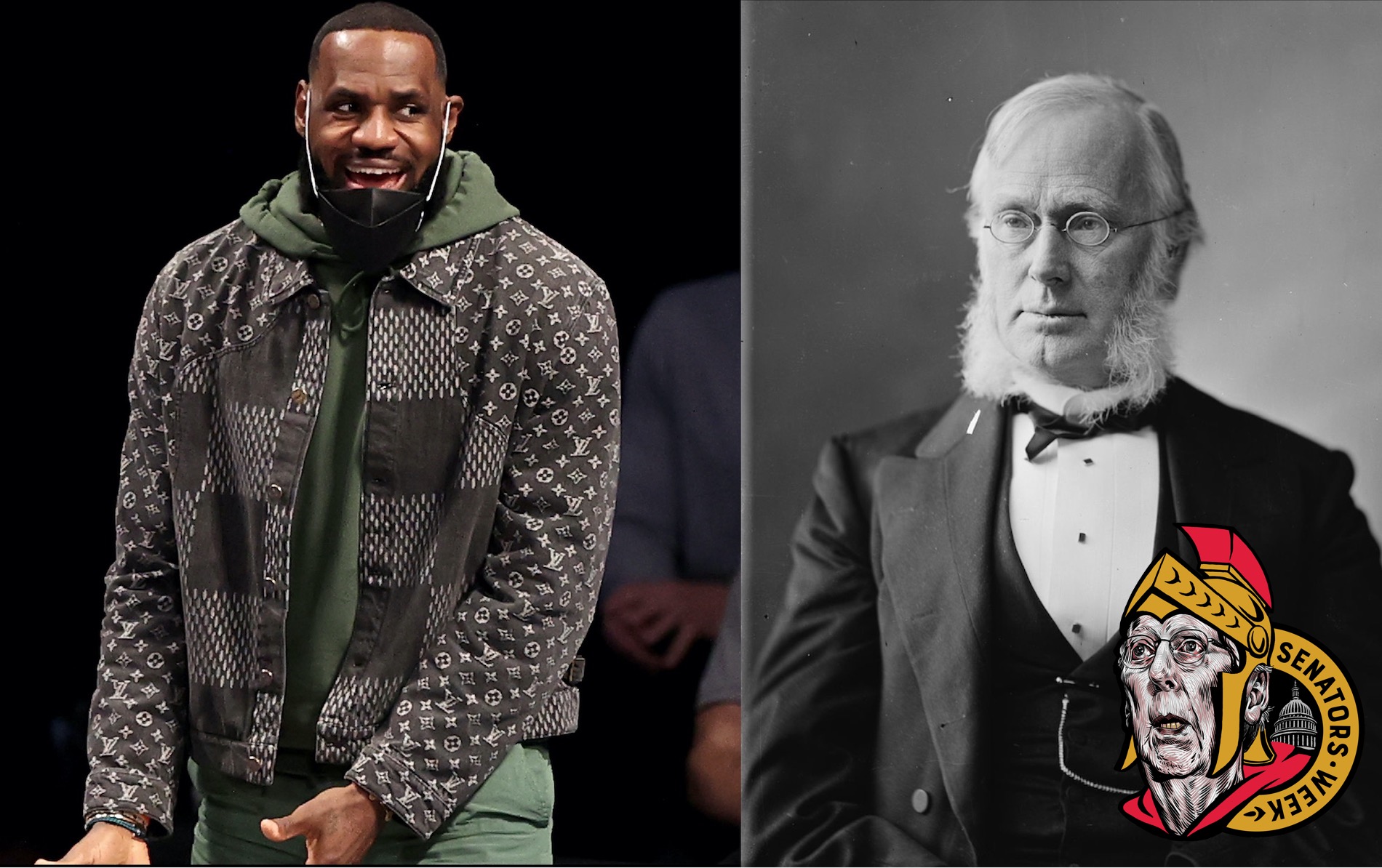An abrupt change to the rules that govern a system can shock and fluster those who thrive in said system, even if that change is ultimately for the better. No matter the long-term gains unlocked by such a rule change, it is not always easy to adjust to a new paradigm.
For instance, take United States Senator George Frisbie Hoar, longtime Massachusetts politician and famed advocate against the ambitions of American imperialism. Hoar was on the side of justice and equality in many cases through his 27 years in the Senate, speaking out in favor of women's suffrage and against the Chinese Exclusion Act and the annexation of Hawaii. He ushered in many important regulations as the chairman of the Senate Judiciary Committee, and though he was "aggressively partisan" fighter, per an official Senate biography, "Hoar instinctively placed the Senate and its constitutional prerogatives above party matters." In practical terms, this meant that Hoar fought against a rule change that would have shifted the power to elect senators away from state legislatures and put it directly in the hands of the people.
LeBron James can probably relate. James has just returned to the court for the Los Angeles Lakers, a reunion that should have been joyful, but has not gone smoothly. The Lakers have dropped both of James's first two games back, to the lowly Raptors and even lowlier Kings, and are now in a tie with the Blazers for the seventh seed. Dennis Schroder is now also out, and James will miss tonight's showdown with the Denver Nuggets. Having to be the road team in every playoff series would have already been an extra burden for the Lakers, but this season, the seventh and eighth seeds must go through the play-in tournament. A harsh road gets harsher. James, who has never really needed to worry about the play-in, is all of a sudden pissed. "Whoever came up with that shit needs to be fired," James said, showing no love for the conference's bottom-feeders that he big-upped last year. In March 2020, he supported the idea of a play-in tournament of sorts to determine which lowly team he would get to destroy. What could have changed?
James may have been inspired by Hoar's famous 1893 speech against popular election of senators, which his Senate bio claims was "so powerful and persuasive that it postponed serious Senate debate on the proposal for at least a decade." Per Hoar's speech, direct elections empower "conventions composed of persons without other responsibility," as opposed to "public officers to whom the great public duty of State legislation is entrusted."
For all of Hoar's protests, the Seventeenth Amendment passed in 1913. That was nine years after he died, so he never had to directly experience the changes. James, too, can avoid direct interaction with the new rule if he can also overcome the Trail Blazers in his path.






